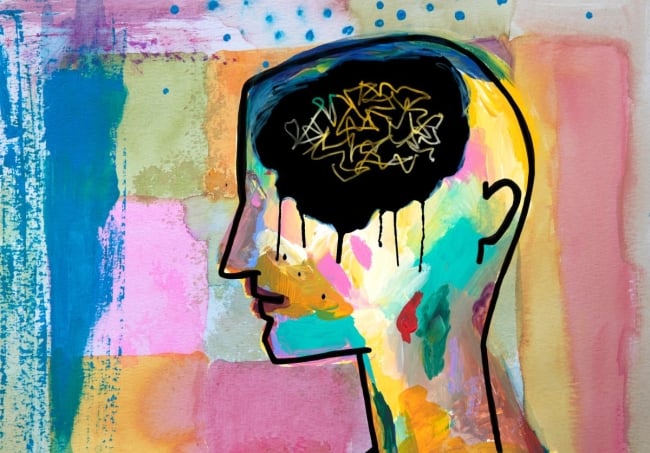You have /5 articles left.
Sign up for a free account or log in.

stellalevi/DigitalVision Vectors/Getty Images
Starting July 16, the National Suicide Prevention Hotline became more easily reachable—simply by dialing 988. With mental health crises burdening so many, this is a welcome step. Robust and effective suicide prevention starts with early intervention through timely and easy access to mental health care. For college students burdened and struggling, including nontraditional students who commute to campus and in many cases have work and parenting responsibilities, what’s readily available on campus is critical.
Crafting the minds of tomorrow is job No. 1 for our colleges and universities. But we are expecting today’s college students to succeed academically while ignoring their critical mental and emotional health needs. Last year, Congress increased funding for mental health support for youth through the Garrett Lee Smith (GLS) Memorial Act Youth Suicide Prevention Program but kept the funding for higher education within the GLS Campus Grants at $6.488 million, the same amount allocated in fiscal year 2021.
As students in higher education continue to speak more openly about their growing mental health struggles, leaders both on and off campus must pay attention. Even prior to the pandemic, our campuses were struggling to keep up with the mental health needs of their students. As the pandemic has subsided and the mental health crisis continues to grow, they are even less equipped to provide critical assistance as much, or as fast, as needed. Mental health support should be as accessible as faculty office hours. We’re falling gravely short.
For students, this need is urgent.
Between 2013 and 2018, the percentage of students, with an average age of 21, attempting suicide doubled, and the proportion of students reporting severe depression increased from 9 percent to 21 percent. The fall 2021 American College Health Association National College Health Assessment survey showed that almost 73 percent of students reported struggling with moderate or severe psychological distress. Approximately 70 percent of college presidents have identified student struggles with mental health as a priority need.
Campuses have a responsibility to invest in easily accessible mental health services, but so does Congress. Congress must act quickly by significantly funding the Garrett Lee Smith Campus Suicide Prevention Grant. It is the only federal program specifically available to support campus mental health needs. But its annual budget of just $7 million means only a handful of the nation’s colleges and universities—those that pass a lengthy review application process—get access to these lifesaving funds.
It was heartening to see the recently introduced House Appropriations Committee Fiscal Year 2023 Labor, Health and Human Services, Education, and Related Agencies Appropriations Bill include a slight increase to the GLS campus grants to almost $11.5 million. This is only a start, an urgently needed one. Now, the Senate Appropriations Committee must follow suit in its upcoming FY 2023 funding bill.
In April, Higher Learning Advocates and nearly 100 organizations delivered a letter to congressional leaders urging support and prioritization of the mental and behavioral health needs of the estimated 20 million students enrolled in higher education. We wrote,
The scope and scale of the mental health crisis among college students will require far more support than the federal government currently provides, and it will require the federal government to deliver support to institutions and students in a timely, flexible manner. Congress should update and dramatically expand the authorization level for the GLS program for higher education.
In addition, the letter calls for Congress “to update the Public Health Service Act and the Higher Education Act to support holistic and evidence-based practices that meet students’ mental health needs.”
As the summer turns to fall, millions of students will return to campus. They will carry with them the burdens of academic pressure, financial strain and family obligations while fighting what is often a secret battle of depression, anxiety or other mental health conditions that can worsen without proper care. Part and parcel of our economic recovery and of students’ likelihood of achieving academic success is ensuring that mental health care is available on our campuses where students can access the services. Today’s students, our nation’s future workforce, deserve to have help available when and where they need it most. Congress can and should make it happen.




